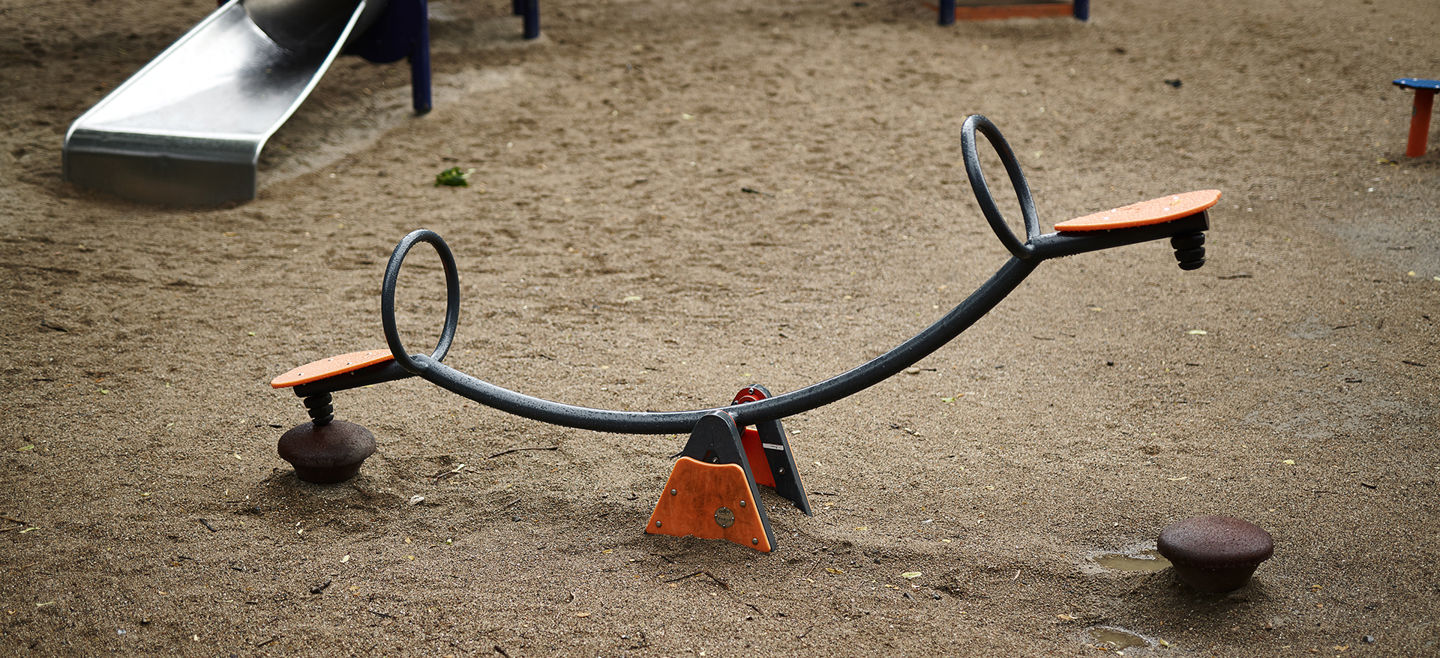Videnskabelig artikel 7. JAN 2025
What does it mean to be a ‘foster parent’? -exploring Foster parent narratives using ideal-type analysis
Udgivelsens forfattere:
- Nina Thorup Dalgaard
- Julie Mulla Reich
- Nick Midgley
- Saul Hillman
- Holly Dwyer Hall
- Maiken Pontoppidan
Børn, unge og familie
Børn, unge og familie

Formål: Plejefamilieområdet i Danmark står over for udfordringer med rekruttering, vurdering og fastholdelse af plejefamilier – som i mange andre lande. Det er afgørende at forstå, hvordan plejeforældre opfatter deres rolle, og hvordan dette kan have betydning for barnets udvikling. Denne artikel udvikler en typologi over typer af plejeforældre gennem en idealtypisk analyse af interviews med plejeforældre.
Deltagere og kontekst: Interviewpersonerne består af 14 danske plejeforældre. Disse har deltaget i et quasi-randomiseret forsøg, som har undersøgt effekten af mentaliseringsbaseret terapi for plejefamilier.
Metode: Plejeforældrene blev interviewet ved hjælp af en semistruktureret interviewguide. Interviewmaterialet blev transskriberet og efterfølgende analyseret gennem en idealtypeanalyse.
Resultater: Baseret på plejeforældrenes opfattelser af deres rolle i børnenes liv identificerede vi tre idealtyper af plejeforældre: 1) emotionelle plejeforældre, 2) ambivalente plejeforældre og 3) professionelle plejeforældre.
Konklusion: Plejeforældres opfattelser af deres rolle som omsorgspersoner har betydning for forståelsen af plejefamilien som en udviklingsmæssig kontekst.
Deltagere og kontekst: Interviewpersonerne består af 14 danske plejeforældre. Disse har deltaget i et quasi-randomiseret forsøg, som har undersøgt effekten af mentaliseringsbaseret terapi for plejefamilier.
Metode: Plejeforældrene blev interviewet ved hjælp af en semistruktureret interviewguide. Interviewmaterialet blev transskriberet og efterfølgende analyseret gennem en idealtypeanalyse.
Resultater: Baseret på plejeforældrenes opfattelser af deres rolle i børnenes liv identificerede vi tre idealtyper af plejeforældre: 1) emotionelle plejeforældre, 2) ambivalente plejeforældre og 3) professionelle plejeforældre.
Konklusion: Plejeforældres opfattelser af deres rolle som omsorgspersoner har betydning for forståelsen af plejefamilien som en udviklingsmæssig kontekst.
Udgivelsens forfattere
Om denne udgivelse
Publiceret i
child abuse & neglect
